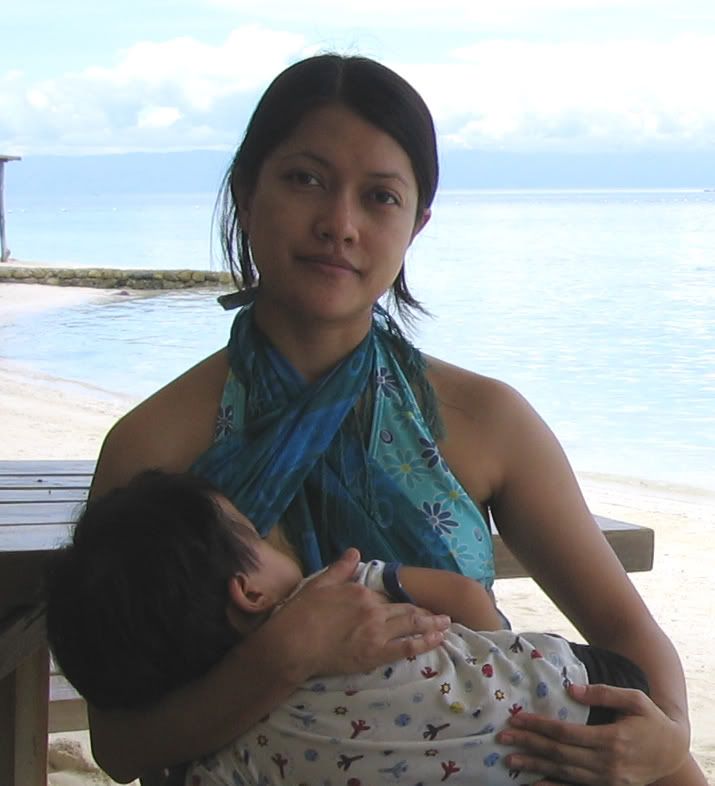 Photo by tigerpuppala_2
Photo by tigerpuppala_2The Philippines Department of Health has issued new guidelines for the labeling of infant formula and other breastmilk substitutes. This, following the approval by the Supreme Court of the revised implementing rules and regulations of EO 51, or the Milk Code.
It would be refreshing to look at cans of powdered infant formula and no longer see health and nutrition claims, which the guidelines now prohibit.
However, it is mind-boggling that the Health Department allowed an alternative message regarding the existence of disease-causing microorganisms in powdered formula. Thus, milk companies must put either this message:
"This product may contain pathogenic microorganisms and must be prepared and used appropriately."
or this message:
"There is likelihood that pathogenic microorganisms will be in this product when it is prepared and used inappropriately."
Which message do you think the milk companies will use?
The first version warns about the possible presence of pathogenic microorganisms regardless of how the product is prepared. The second version attributes the presence of pathogenic microorganisms to wrong preparation and use of the product. Therefore, if pathogenic microorganisms should be found in infant formula, then it is the customer's fault for not following directions.
Disease-causing germs have been found in powdered infant formula because it is impossible to completely sterilize powdered formula. So it can have pathogenic microorganisms even before the can is even opened by the consumer. This is a crucial message that all potential and existing buyers of powdered formula should be aware of.
DOH should remove the alternate message and require milk companies to clearly state that their products are not sterile and could contain bacteria and other microorganisms - substances that could lead to babies' sickness or even death.

